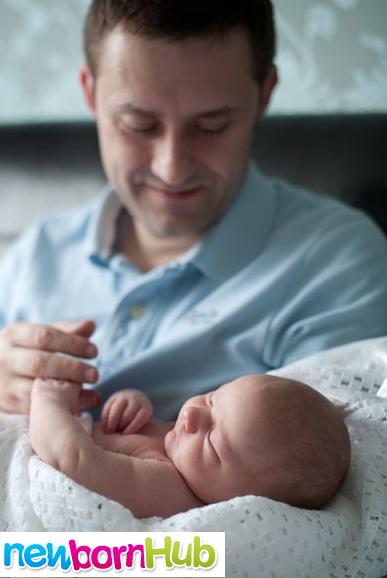The Circumcision Decision
Your infant circumcision decision is one of the most instant and vital decisions that you, as a parent, will have to take when you are expecting a baby boy or have just become a proud parent of one (or more in some cases). Many of you may find this concept perplexing.
Why?
If circumcisions are part of your cultural and religious beliefs, going for the "cut" would be an automatic choice. However, some people circumcise their baby boys for hygiene reasons, while others for the many health benefits that circumcisions bring (discussed in the Pros & Cons section below).
What is circumcised?
Well, in a nutshell, the procedure basically involves the removal of the foreskin on the head (or glans as it is known) of the penis, surgically.
It is imperative that you as parent invariably consult and seek guidance from the doctor with regards to this vital decision, by evaluating the benefits and risks and other related aspects. For instance, it may not be advisable to immediately opt for it in the case of premature babies or where there are special medical concerns, particularly related to penis related abnormalities which require surgical rectification.
Once the decision is taken, it is not uncommon for this process to be performed within the first ten days of the birth of your newborn baby boy.
How to circumcise?
Well, that should not be a worry for you and you rely on your expert medical practitioner, who performs such surgeries, day in day out. It is mostly carried out at the hospital but may be conducted at home, as part of a religious ceremony or ritual.
Pros and cons:
Like with any other decision that you need to take in respect of your newborn boy, you ought to weigh the pros and cons.
Based on a plethora of studies and researches, it seems that circumcised babies are less prone to developing urinary tract infections and other penile related issues such as inflammation and irritation. Moreover, it is also related to the lowering of penile cancer risk and may also be a deterrent towards sexually transmitted diseases, for example HIV.
From a health and hygiene perspective, it is much easier to clean a penis that has undergone this procedure than the one which has not.
On the flip side, you must acknowledge that every surgery carries with it an inherent or potential risk to the patient and a certain degree of pain and discomfort; this one is no exception. Although very rare, some of the most commonly occurring complications in newborn undergoing this include minor bleeding and infection.
How to reduce pain?
With regards to the easing of pain and discomfort, it is common for the doctors to provide the newborn with local anesthesia in the form of a topical cream (for applying on the foreskin of the penis) or an injection. In some instances, pacifiers dipped in sugar may also do the trick.
Post-surgery and for a period of at least 7-10 days onward, you will have to be very cautious with the concerned area and aim to keep it clean and hygienic at all times, by regularly changing the bandage on the affected area (if there is one), lubricating the head of the penis with petroleum jelly, cleaning it with warm water and avoiding the use of baby wipes or any similar substance, which may irritate or inflame the newborn’s sensitive skin.
In case you notice any abnormalities post-surgery, such as high fever or excessive bleeding or some other discharge, then you need to consult the doctor immediately.
Return to Baby Health section.
Return from Homepage.




New! Comments
Have something to say about what you just read? Leave me a comment in the box below :)